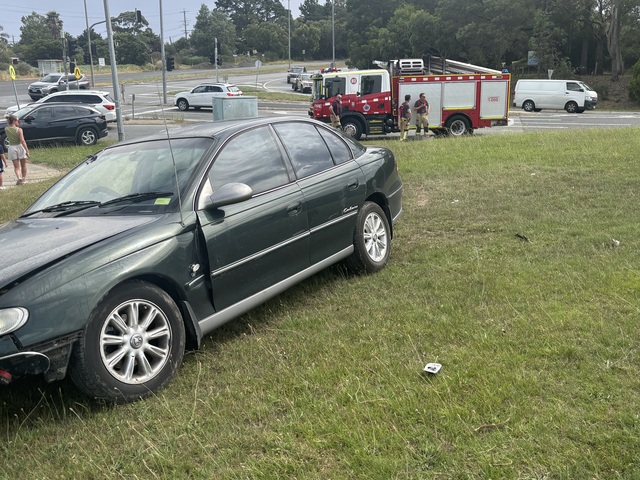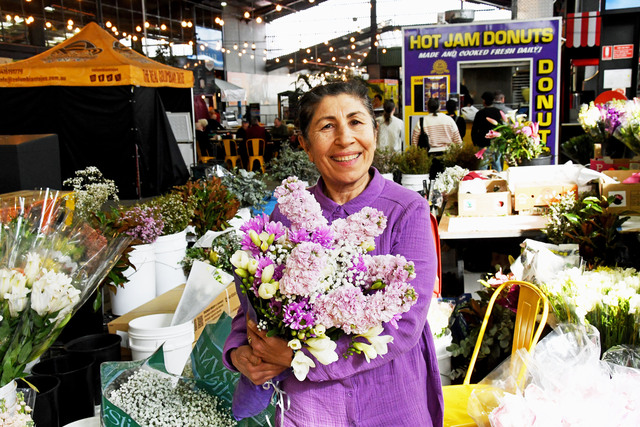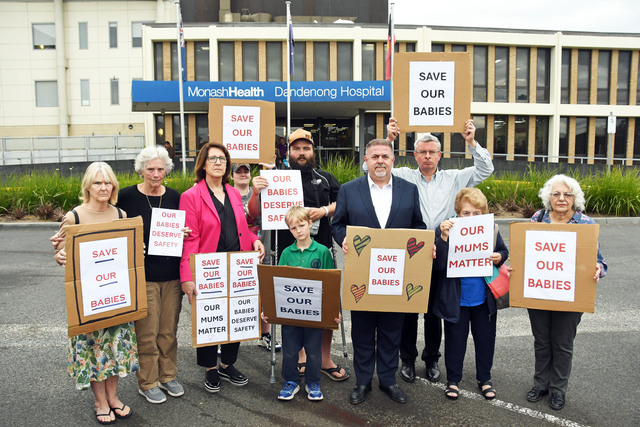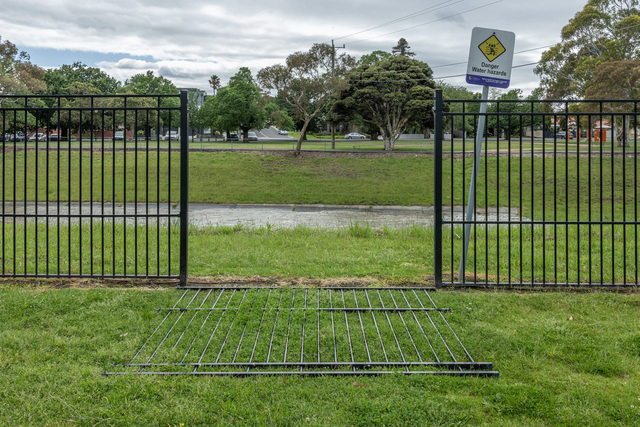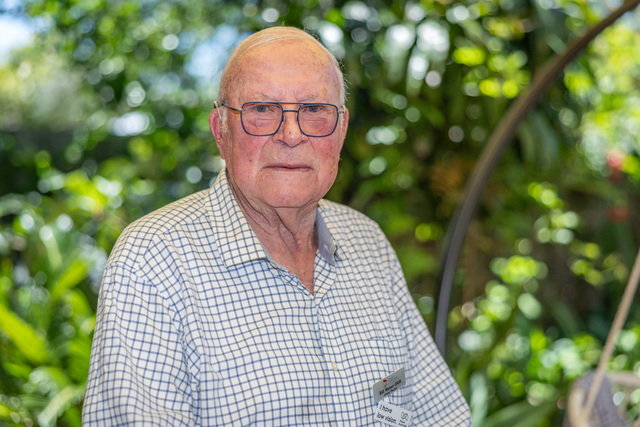By Alison Noonan
CHRIS Rogers used to worry when people stared at her in disdain every time she ate a meal in public.
The fact that she would throw more food over her shoulder or down her front rather than in her mouth was not because she was drunk or a sloppy eater.
The 63yearold Lynbrook wife and mother suffers from Parkinson’s disease, a debilitating chronic illness for which there is no cure.
Mrs Rogers said it was a complete blow when she was diagnosed with Parkinson’s 10 years ago. There was no family history of the disease and the symptoms were alien to her.
“I had just been on a holiday when I was first diagnosed, and was confused because I found I couldn’t swing my arm when I walked,” she said.
“I thought it was just stress. I went to the doctor and he referred me to a neurologist who told me I had Parkinson’s.
“I didn’t have much of an idea about Parkinson’s. I never thought it would happen to me. I just thought I had slowed down because of age.”
Mrs Rogers said that coping with the disease required a complete lifestyle change and constant support from her family.
“I am in the advanced stages now which means I am very rigid, very sore and I shake in my right hand and legs,” she said.
“I can’t walk very far, I can’t drive and I don’t venture out alone.
“Very few people actually know what Parkinson’s is. It’s more than just a shake.”
Mrs Rogers said the frightening aspect of the disease was its unpredictability, with her condition prone to change from minute to minute.
“Everyone is different. You have no idea what you are going to be like tomorrow.
“One minute I can be sitting up talking to people and then a wave comes over me and I just sit there unable to move.
“It’s like a car running out of petrol.
“Some people just freeze up and will come to a complete and utter stop in the middle of whatever they are doing. It can be quite scary,” she said.
She said her husband was her sole carer and had accepted her disease “beautifully”.
“It is hard for my kids to cope with but my husband and I have learnt to make light of it.
“I was in shock at first but then I realised I just had to get on with it and deal with it.
“We laugh a lot, especially when I drop my food or make a mess. We have to or we would be too miserable otherwise.
“It’s there and there’s no cure so I just have to make the best of a bad situation,” she said.
Laughter helps hide the pain
Digital Editions
-

Clyde Road Upgrade starts 2026 strongly
Major road and freeway closures will impact motorists travelling through Cranbourne and Berwick later this month, as crews push ahead with critical works on the…



